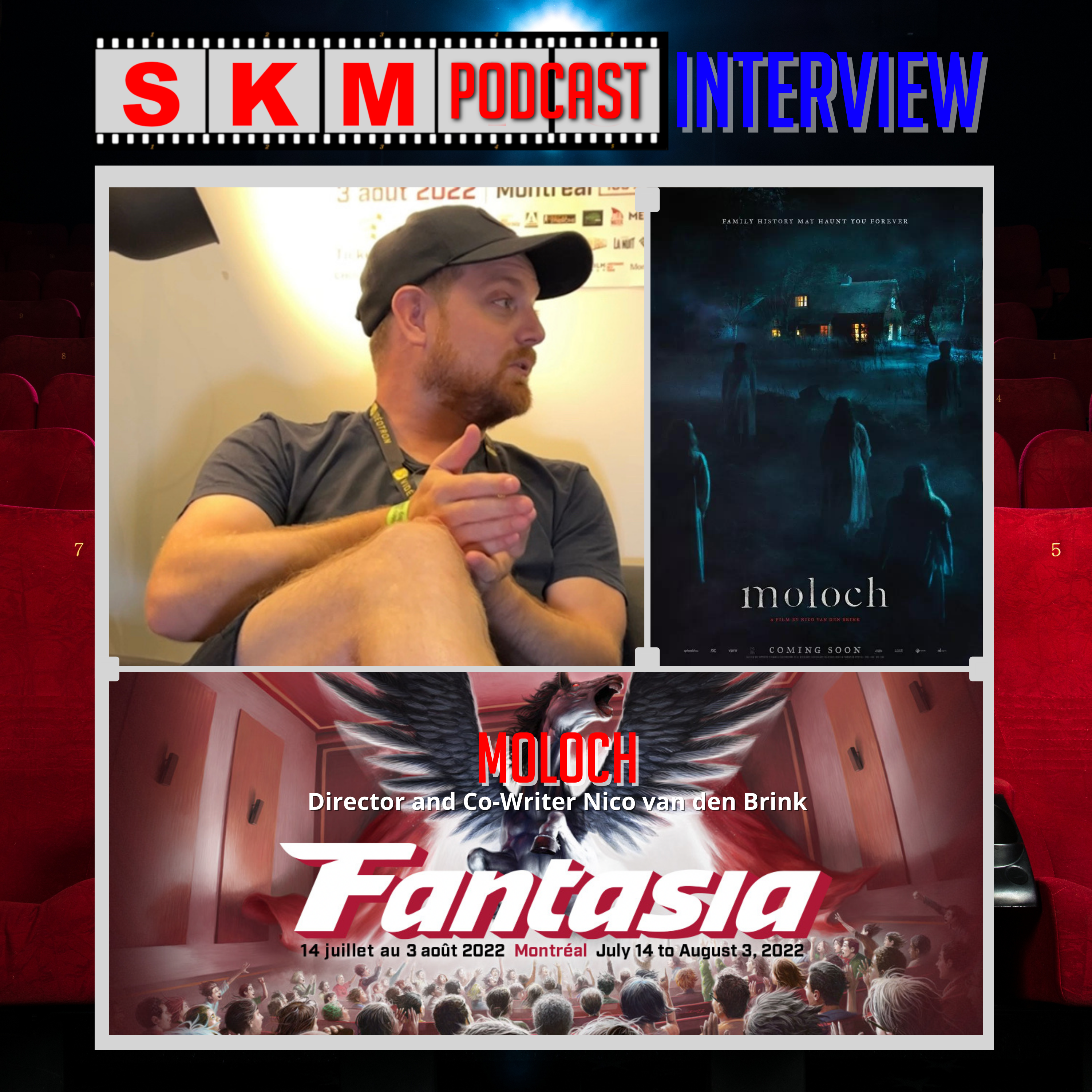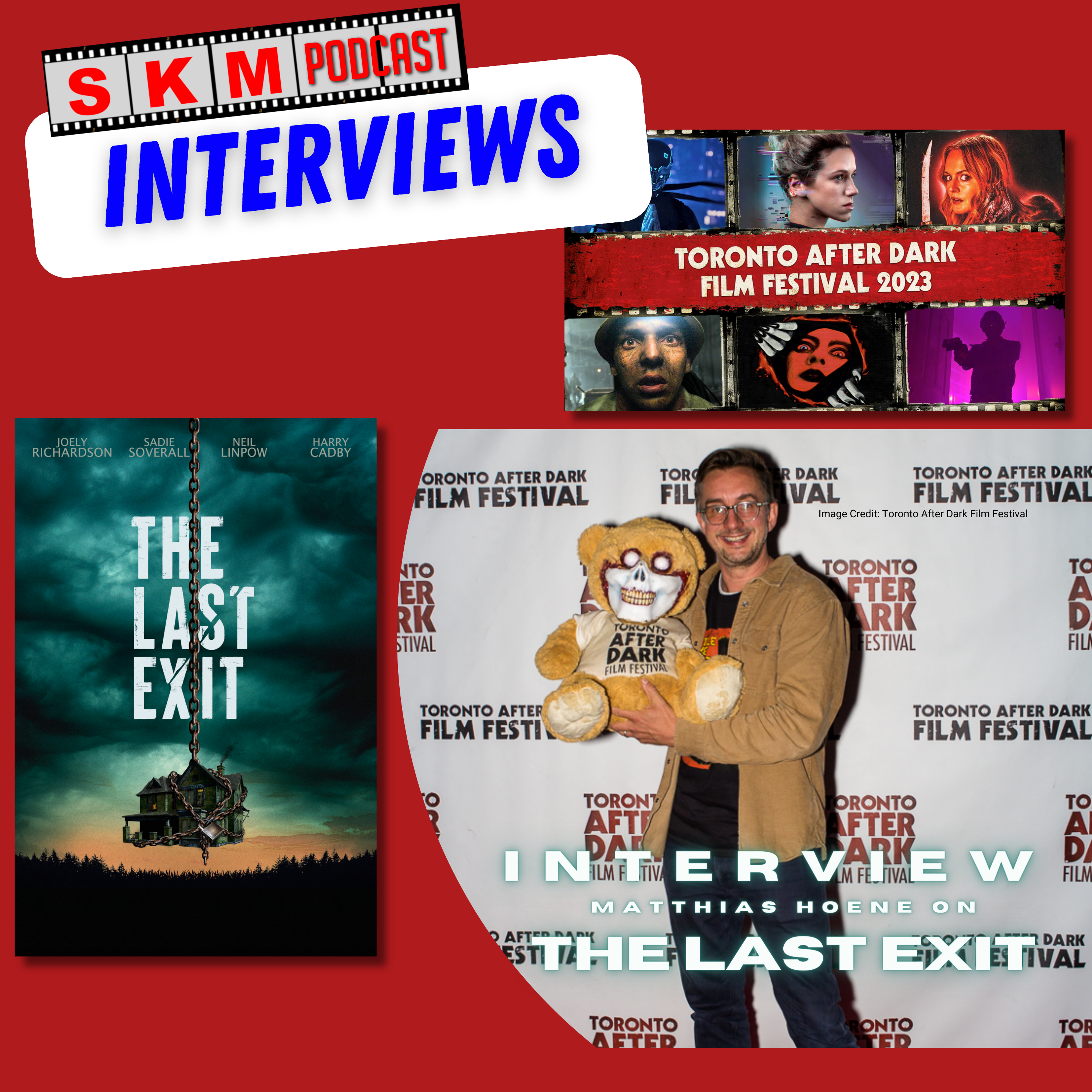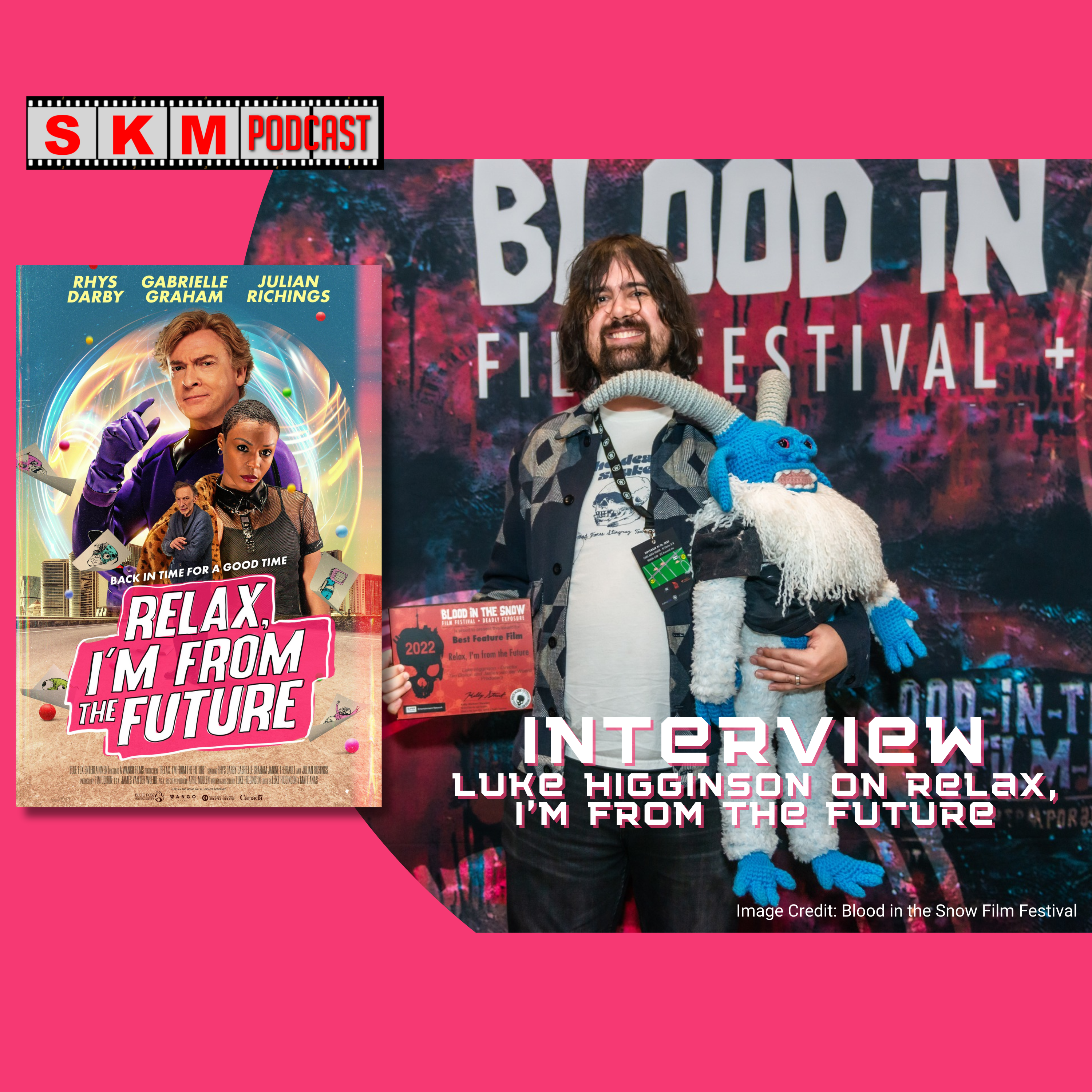Episode Transcript
[00:00:10] Speaker A: This is our interview with Jeffrey St. Jules on the Silent Planet. Like, and subscribe to get more content like this.
So what was your inspiration behind the film?
[00:00:23] Speaker B: My inspiration behind the film, it goes back to my childhood. I would say it was kind of a fantasy. Like a fantasy, I suppose, of escaping to another planet and what that would all be like, just kind of tied up in this hermit fantasy I had of, like, escaping everybody and living by myself. And the most extreme example of that would be living alone on a. On a planet. And then it kind of brought up the questions of, you know, is that really possible to escape who you were, to leave everything behind for real? Or is your life gonna catch up to you no matter what?
[00:01:05] Speaker A: So did you always envision Elias Cottes for the lead?
[00:01:10] Speaker B: I didn't always envision him for the lead. I don't tend to write with any particular actors in mind because it's too dangerous. They say no, and then you can't let go of that. But once we kind of landed on the idea of him, I was like, this is so perfect. There's just, you know, just the humanity, the pathos in him. But he also feels like a guy who has lived, you know, and you really feel for him. So, yeah, I'm so, so happy that he agreed to do it.
[00:01:46] Speaker A: So was it always your intention for, like, you to, like, limit the amount of backstory you reveal? So, like, you know that there's like an alien race and they're kind of colonizing her, but you don't know exactly know why? And, like, so. So was this also something that you wanted the audience to piece together throughout the film?
[00:02:10] Speaker B: Yeah, it was.
Yeah, I wanted to just give just enough so that people would have enough to understand, but I didn't want to get bogged down.
You know, many sci fi films open with a bit of expositiony stuff, and I thought I could avoid it. And I realized, oh, so I see why, because you need to set something up. So we just did a little bit in some news footage stuff to set up what it was, but I didn't want to. I didn't want to go into too much detail. I just wanted enough so people got where this woman was from and what the backstory of Earth was like, so we could really just focus on their characters, not on that. What's happening on Earth.
[00:02:58] Speaker A: Yeah, well, a film that saw On Planet reminded me of is. I don't know if you saw it from 2009 Moon, directed by Duncan Jones and starring Sam Rockwell. It's just. Just. It's the same kind of plot. It's all like, maybe like, one or two characters. An AI robot.
[00:03:16] Speaker B: Yeah, yeah. No, I love Moon. And actually, that was as I. When I went back and watched Moon, I was like, oh, they do it too. They have all the exposition at the beginning, and it's fine. So I was like, okay, we can do that. Nothing wrong. If Moon does it, we can do it.
[00:03:33] Speaker A: So maybe talk a bit about Nya bit. And how do you see her relationship with Theodore throughout the film?
[00:03:41] Speaker B: Yeah, yeah. So she.
The way I see her characters, she once, she was like. I guess when I talked about, you know, the way I fantasized it. I think she has this fantasy that she's gonna be able to leave her whole self behind when she goes to this planet. And she's hoping to reach some kind of solitude and peace.
But when she gets there, she finds it's harder than she thought.
She's initially just annoyed that there's somebody else there.
But then as she starts to realize that she misses people, she misses connection, she actually warms to Theodore. Then, of course, there's the kind of a darker twist that complicates that.
But I think, all in all, I think she.
I feel like Theodore gives her something in the end in terms of her coming to accept herself and not try to run away from herself.
[00:04:51] Speaker A: Yeah. But I think this just dawned on me that you have. You have, like, a pattern of, like, darker twists later on in the film. Because, like, Bang Bang Baby has the same thing.
[00:05:02] Speaker B: Yeah, yeah, yeah. No, it's true. And my second film as well has a bit of a darker twist.
[00:05:07] Speaker A: Yeah, I haven't seen that one yet.
[00:05:08] Speaker B: Okay, that's all right. It's hard to see.
Yeah, I like sort of setting up something and playing with expectations that way.
[00:05:18] Speaker A: And also this next question, you all. You kind of, like, change genres with each of your films.
[00:05:26] Speaker B: Yeah, yeah.
This is the first time I, like, set up something that you could, like, really specify as one specific genre.
Because I've always loved playing in different genre spaces and drawing from the language created by these different genres, but then messing with it.
And I think with Bang Bang Baby, it was a musical.
And then when it played at tiff, they called it a sci fi. So I didn't think of it that way. But then. So it became a musical Sci fi. But it didn't make it look kind.
[00:06:06] Speaker A: Of like a Rocky Horror pastiche.
[00:06:08] Speaker B: Yeah, yeah, but I felt it was, like, dark. More.
More sad than Iraqi. Less fun.
But, yeah, no, it was sort of more of a mix. This one? Yeah. But I do like. I like genre, but I don't feel like, tied to one specific. I like playing with it because I see it all as kind of tools. Like, you know, there's a language that's created and it's there and it's in people's minds. So we can take from that and use it to. And that excites me.
[00:06:43] Speaker A: So Song Planet is having its world premiere at Fantasia. So what are the plans for the film?
[00:06:49] Speaker B: Well, for as many people to see it as possible.
You know, we'll do a festival run. There's our distributors, Quiver.
I'm sure they've got some great plan for it, I hope.
But we don't. We don't have a specific. Any hoping. Obviously, we'll do a theatrical, but we don't have that locked down yet. We're starting just in the beginning of the path. Yeah.
[00:07:13] Speaker A: Okay. Well, thanks.
[00:07:14] Speaker B: Yeah. Well, thank you.


